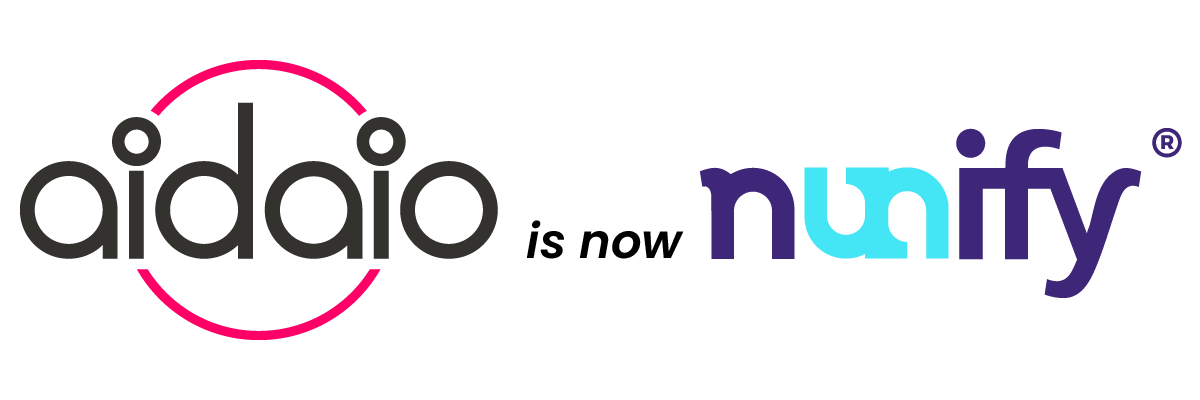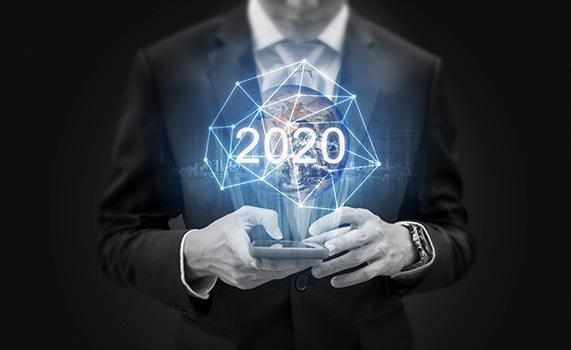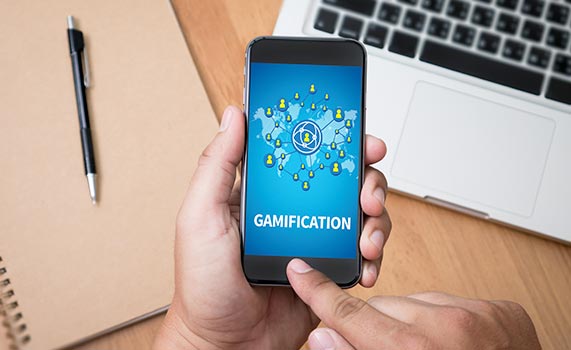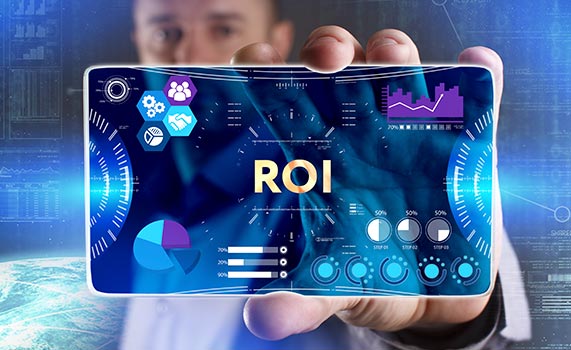
One-time event apps are considered to be a good option for when it comes to handling a single, stand-alone event. Such apps are typically not made to use for other events and are usually discontinued once the event concludes. However, certain brands have an event portfolio to their credit that includes a number of events around the year. Thus, for the sake of app efficiency, these organizations are considering the option of intuitive multi-event apps.
Having said that, now the prime question is whether or not a brand should go for a multi-event app? Here are certain factors that one must consider in order to decide whether they are in need of a multi-event app:
Increased Number Of Registrations For Events
A number of events measure their success by counting the number of successful registrations completed for the event. When there is an increase in the number of registrations, a multi-event app can be helpful as it gives an opportunity to include upcoming events within the app and link the same to all the internal as well as external registration providers. Thus, if an individual downloads the app for a particular event, they have the opportunity to view the entire event portfolio of your brand. This can serve as an opportunity for cross-selling or word-of-mouth publicity.
An Easier Way For Making Multiple Registrations
When you offer a multi-event app to your attendees, they get the option to register for other events as well as from within the app. The entire process is a seamless one, as attendees can easily view when the registration for other events are open and can access the registration site right from the app. It’s a great way to drive user engagement.
Enhanced Savings On Promotional Expenses
Since your app remains the same and all you need to do is to add more and more events as and when scheduled in the same app, companies are able to acquire a lot more savings in terms of promotional expenses which were required to be incurred if a separate app were to be launched for individual events. Just add the event to the container app and the content can be accessed by people at large who are already using the app.
Centralized and Cohesive Event Communication
With the presence of a number of tools to manage different events, centralizing event communication helps in defining the communication and portfolio strategy for the brand. The brand is saved from promoting different standalone apps for different events. A single app can ensure that the attendees are informed about the upcoming events.
Streamlined and Efficient Event Management
Building and managing one app is easier in comparison to twenty. The overall cost is reduced when working with a multi-event app. As per a recent employee satisfaction survey, employees managing events via event app believe that offering a robust and efficient app interface and mechanics for all events, such as seminars, conferences, and meetings are way better than offering a new app each time a new event crops up.
Thus, multi-event apps factor into event branding for centralizing event communications as well as managing multifarious brands, thus, making it easier for adding and updating the events which are going to take place around the year.






Recent Comments